Keywords: Racist
There are more than 200 results, only the first 200 are displayed here.
-
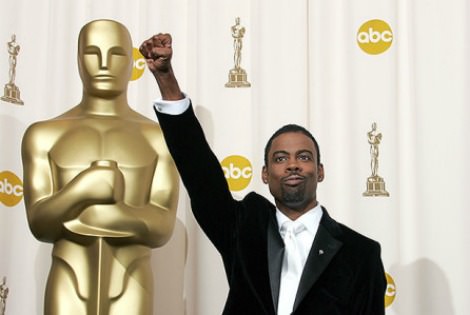
MEDIA
- Catherine Marshall
- 03 March 2016
7 Comments
Chris Rock's hosting of the Academy Awards was a win-win culmination of the #OscarsSoWhite campaign in which no actual person had to take the blame. Instead, a faceless institution named 'Hollywood' was rapped over the knuckles for its racism while the flesh-and-blood white faces that represented it could get on with the business of congratulating themselves. While all this mollification was going on, there was another, gargantuan prejudice saturating the air these celebrities were breathing.
READ MORE 
-
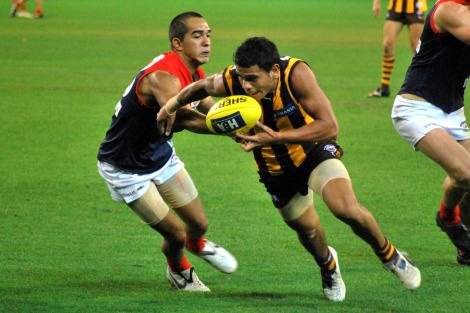
MEDIA
- Erin Riley
- 29 February 2016
16 Comments
Sports journalists shape narratives. There is drama intrinsic to sport, but the sports journalist draws it out, identifying heroes and villains, and slotting each performance into a broader arc. The power to influence the way the public understands a game or player ought to be wielded carefully. Too often, it is not. This is best demonstrated by the ways in which commentators and journalists speak about Indigenous athletes. A simple superlative can be loaded with more than a century of cultural baggage.
READ MORE 
-
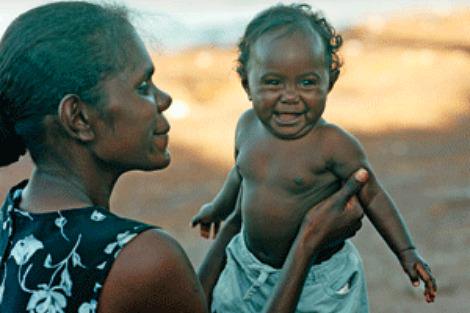
AUSTRALIA
- Myrna Tonkinson
- 16 February 2016
3 Comments
Last week, Malcolm Turnbull presented the eighth annual Prime Minister's Report on the government's Close the Gap campaign. The Close the Gap Campaign steering committee also released its 2016 progress and priorities report. While the reports identify modest gains, overall the gaps remain wide the words 'target not met' recur throughout. The results are disheartening but should strengthen the resolve of all concerned to set realistic goals, with consultation at local levels.
READ MORE 
-
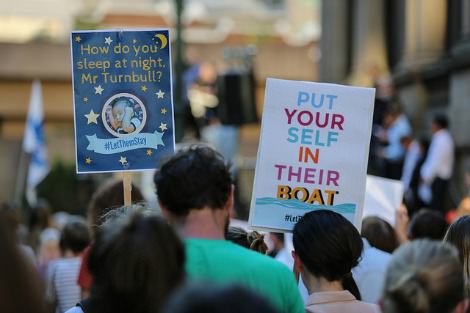
AUSTRALIA
- Somayra Ismailjee
- 12 February 2016
8 Comments
Since the first churches offered sanctuary to the refugees facing deportation to Nauru, a steady stream of voices have joined the call for compassion. As a political language, compassion is itself a reclamation of power. Extending safety, resources, or even a mere welcome to people in need proves that we have something to give. Strength is embodied by a capacity to aid and assist, rather than in cruelty. Empathy, care and compassion appeal to us on a level of emotion that runs deeper than mere rhetoric.
READ MORE 
-
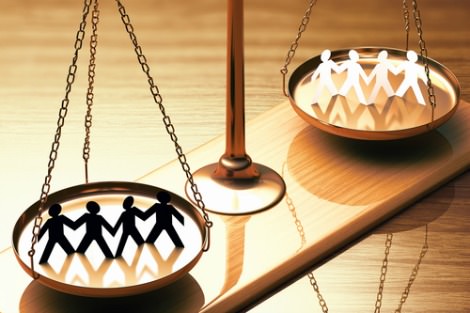
AUSTRALIA
- Somayra Ismailjee
- 03 February 2016
6 Comments
A perception of Muslims as 'savage' and antithetical to peace accounts for incidents where overtly racist people can rejoice easily at the loss of human life, to little negative reaction. When a person is deemed unworthy or bereft of humanity, their death becomes gruesomely welcome. While Islamophobia itself does not define racism, Muslim people exemplify ideas of a cardinal threat against the Anglocentric West, which laterally affects how brown non-Muslim minority groups are treated.
READ MORE 
-
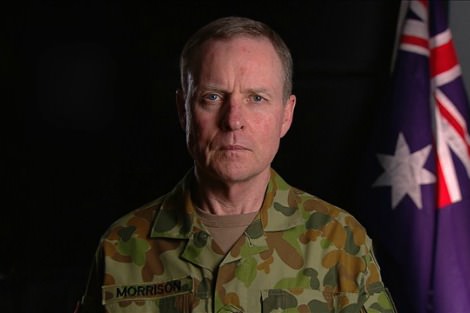
AUSTRALIA
- Justin Glyn
- 01 February 2016
9 Comments
Australia woke on 26 January to the news that David Morrison had been named Australian of the Year. One of the most striking features he displays is empathy. It is a quality in vanishingly short supply in public discourse, yet is fundamental. Unless we can put the individual on a broader canvass, our world view is incomplete. I am important, but unless you are recognised as being just as important as I, then you are just a plaything for me. My rights are bounded by your rights, your value as a person.
READ MORE 
-
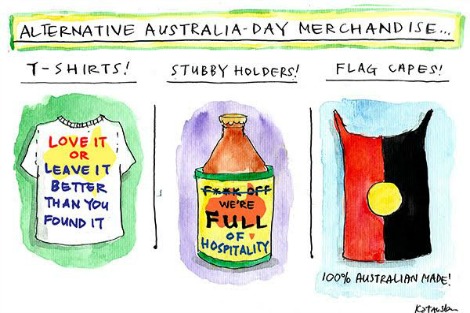
CARTOON
- Fiona Katauskas
- 27 January 2016
2 Comments
This week's offering from Eureka Street's award winning political cartoonist.
READ MORE 
-

ARTS AND CULTURE
- Tim Kroenert
- 21 January 2016
2 Comments
It's less than a year since we lamented the lack of non-white faces among 2015's Oscar nominees. This year the situation is even grimmer, with not one non-white face among 20 nominees for acting awards, despite a raft of clear contenders. It is ironic, because at first glance, concepts of empowerment and inclusion seem to have been at the forefront of Academy members' minds. The theme of bringing marginalised or oppressed groups into the centre, or of restoring power and dignity to vulnerable individuals from whom it has been stripped, run through many of this year's nominated films.
READ MORE 
-
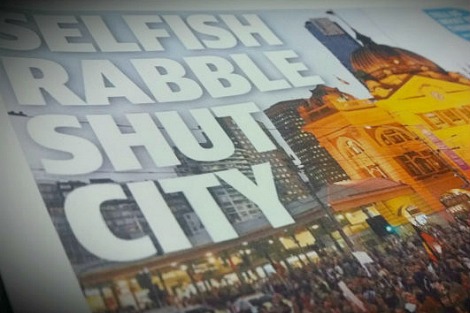
AUSTRALIA
- Celeste Liddle
- 16 December 2015
5 Comments
At the end of 2014, the scene for Indigenous politics in 2015 was set. While it is rare to see a year where Aboriginal and Torres Strait Islander people don't take to the streets to challenge government policies, Western Australian Premier Colin Barnett's announcement in November 2014 of the proposed closure of remote communities led to a large scale movement. It was one of several events that mobilised Indigenous communities during 2015. Next year is shaping up to be just as action packed.
READ MORE 
-

RELIGION
- Michael McVeigh
- 07 December 2015
45 Comments
At the moment, the conversation on marriage equality vs traditional marriage is being driven by extremists on both sides, people who see the struggle as a polarised conflict with the goal of overwhelming victory. But most of us would find that victory unattractive no matter which side is triumphant. Instead, we can choose not to press the button, and to work together to allow both same-sex couples and practising Christians to live their beliefs faithfully, to the fullest of their flourishing.
READ MORE 
-

AUSTRALIA
- Jeff Sparrow
- 02 December 2015
7 Comments
For many years, historian Gary Foley has drawn attention to the racist past inscribed throughout the infrastructure of Melbourne University. Now, some staff and students are campaigning to rename facilities linked to particularly egregious individuals, such as the Richard Berry building, named after a leading eugenicist who stole the corpses of Indigenous people for research designed to prove the racial superiority of whites. While some accuse the campaigners of politically correct censorship, in fact the past has already been censored, and the campaigners are dragging it back into the light.
READ MORE 
-

ARTS AND CULTURE
- Barry Gittins
- 01 December 2015
5 Comments
I'm not homophobic, but if you question my relished prejudice, satirise my hissy fits, you're not playing fair. I'm not racist, but don't you call out my revulsion, or reveal cultural discrimination (not here over there). I'm not sexist but your flaunting of sexual freedom, power, makes me long for lost hour ... If you peer quite closely you will notice I am mostly not a loving breathing person (that's rare).
READ MORE 